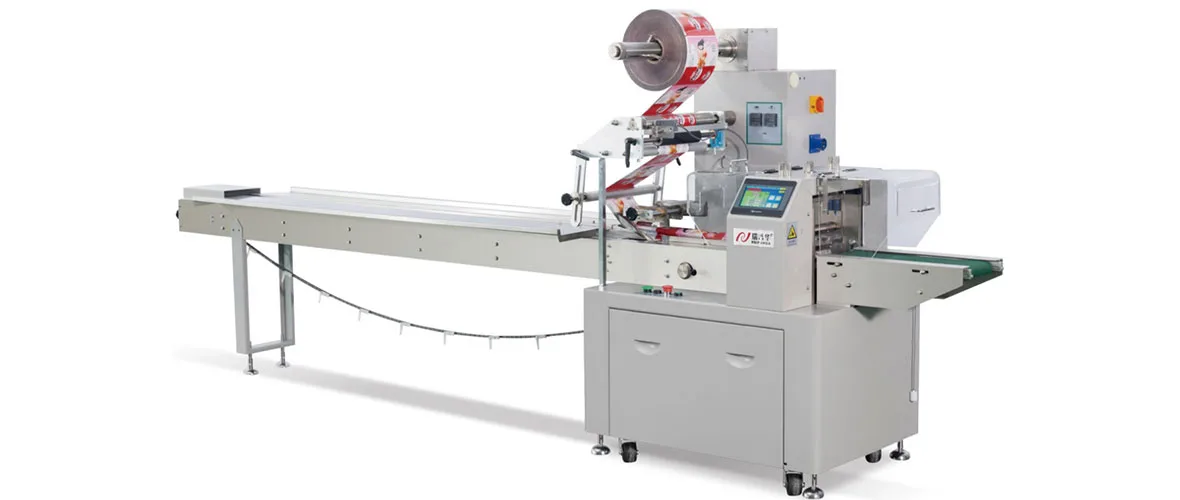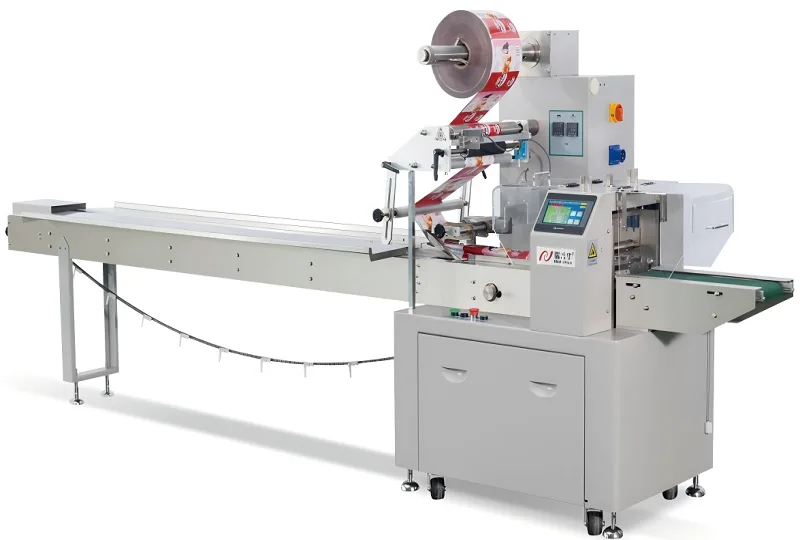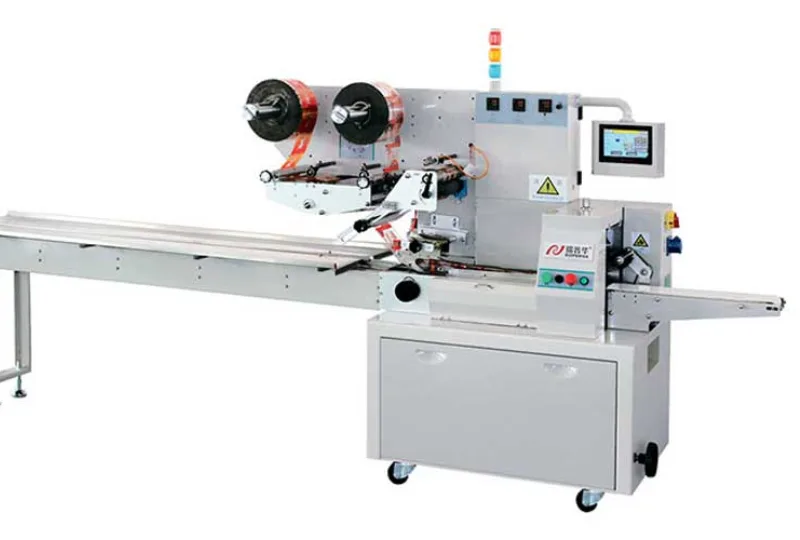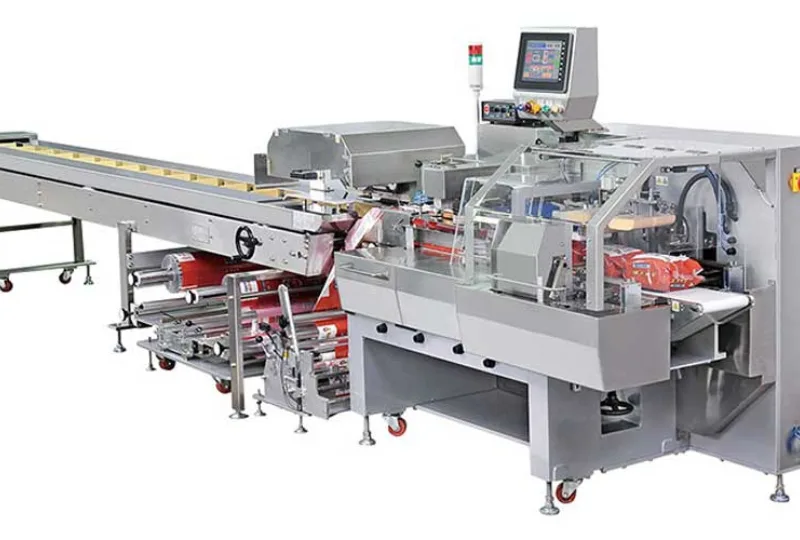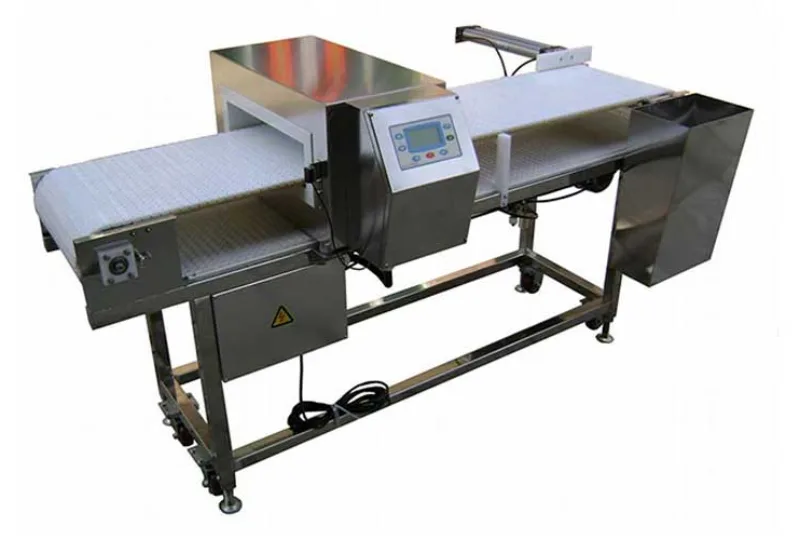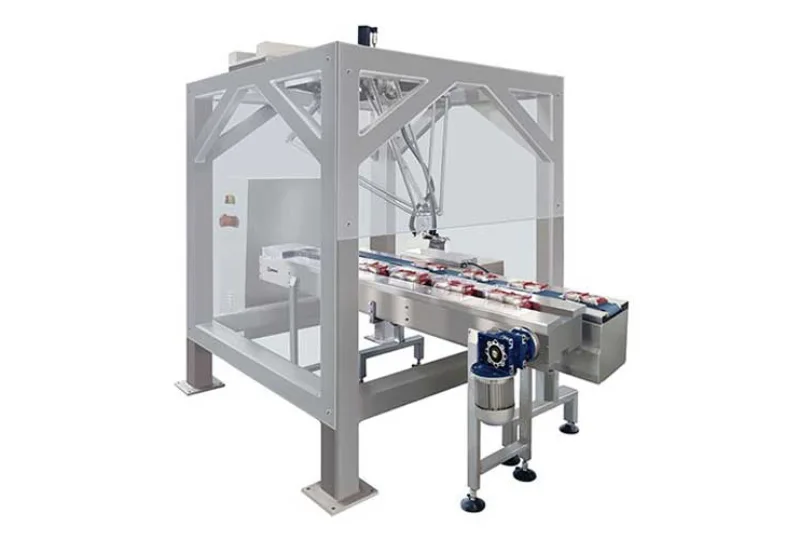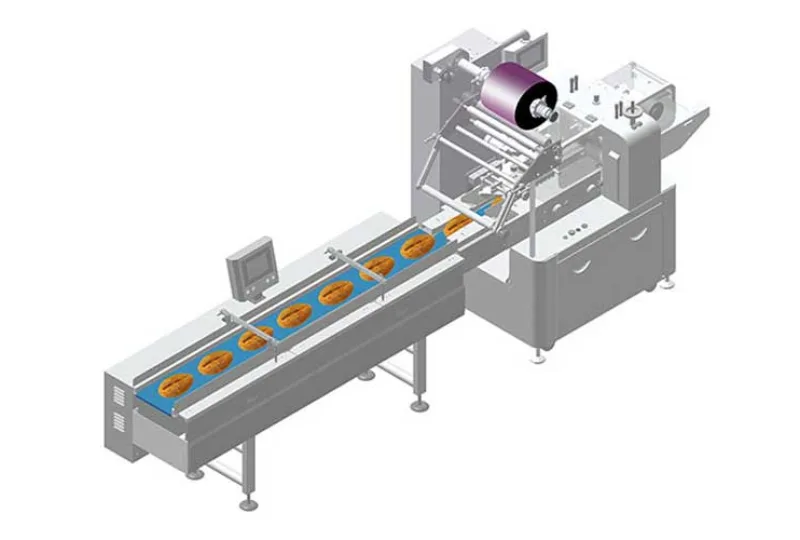The Environmental Impact of Plastic Pipe Packaging Machines
The Environmental Impact of Plastic Pipe Packaging Machines: An Unseen Threat
In the realm of industrial manufacturing, the inconspicuous presence of plastic pipe packaging machines belies a profound environmental impact that demands urgent attention. These machines, designed to safeguard and transport plastic pipes, are complicit in the relentless accumulation of plastic waste in our ecosystems.
The production of these machines involves the consumption of immense quantities of non-renewable resources, such as steel, aluminum, and polymers. Their operation further exacerbates the problem by generating hazardous waste, including toxic chemicals and spent oils, which often find their way into landfills or water sources.
Moreover, the plastic packaging used by these machines is a major contributor to plastic pollution. These films and wraps, intended to protect the pipes during transport, are typically made from non-biodegradable materials, rendering them resistant to natural degradation processes. As a result, they accumulate in landfills, oceans, and terrestrial environments, posing a dire threat to wildlife and ecosystems.
The environmental impact of plastic pipe packaging machines extends beyond their direct emissions and waste generation. The disposal of plastic waste from these machines contributes to greenhouse gas emissions, exacerbating climate change. Additionally, the manufacturing and transportation of these machines require substantial amounts of fossil fuels, further amplifying their carbon footprint.
To mitigate the environmental consequences of plastic pipe packaging machines, a multi-faceted approach is required. Manufacturers must prioritize sustainable materials and design practices, such as using biodegradable packaging and optimizing machine efficiency to reduce waste. Industries utilizing these machines should adopt responsible recycling programs and explore alternative packaging solutions.
Governments have a critical role to play in implementing regulations that promote sustainability and minimize plastic waste. They can introduce incentives for the development and adoption of environmentally friendly technologies and enforce strict disposal guidelines for hazardous materials generated by these machines.
Ultimately, consumers can drive positive change by choosing products that are packaged sustainably. By exercising their purchasing power, consumers can signal to manufacturers and industries that they demand eco-friendly practices.
The environmental impact of plastic pipe packaging machines is a pressing issue that requires immediate attention. Through a collaborative effort involving manufacturers, industries, governments, and consumers, we can transition to more sustainable practices and protect our planet for future generations.
-
01
Packaging Machinery: Beyond Sealing, Driving an Efficient, Smart, and Sustainable Future
21-01-2026 -
02
Automatic Tray Loading and Packaging Equipment: Boost Efficiency to 160 Bags/Minute
21-11-2025 -
03
Automatic Soap Packaging Machine: Boost Productivity with 99% Qualification Rate
21-11-2025 -
04
A Deep Dive into Automatic Toast Processing and Packaging System
18-11-2025 -
05
The Future of Bakery Production: Automated Toast Processing and Packaging System
18-11-2025 -
06
Reliable Food Packaging Solutions with China Bread, Candy, and Biscuit Machines
11-10-2025 -
07
High-Performance Automated Food Packaging Equipment for Modern Production
11-10-2025 -
08
Reliable Pillow Packing Machines for Efficient Packaging Operations
11-10-2025 -
09
Advanced Fully Automatic Packaging Solutions for Efficient Production
11-10-2025 -
10
Efficient Automatic Food Packaging Solutions for Modern Production
11-10-2025






